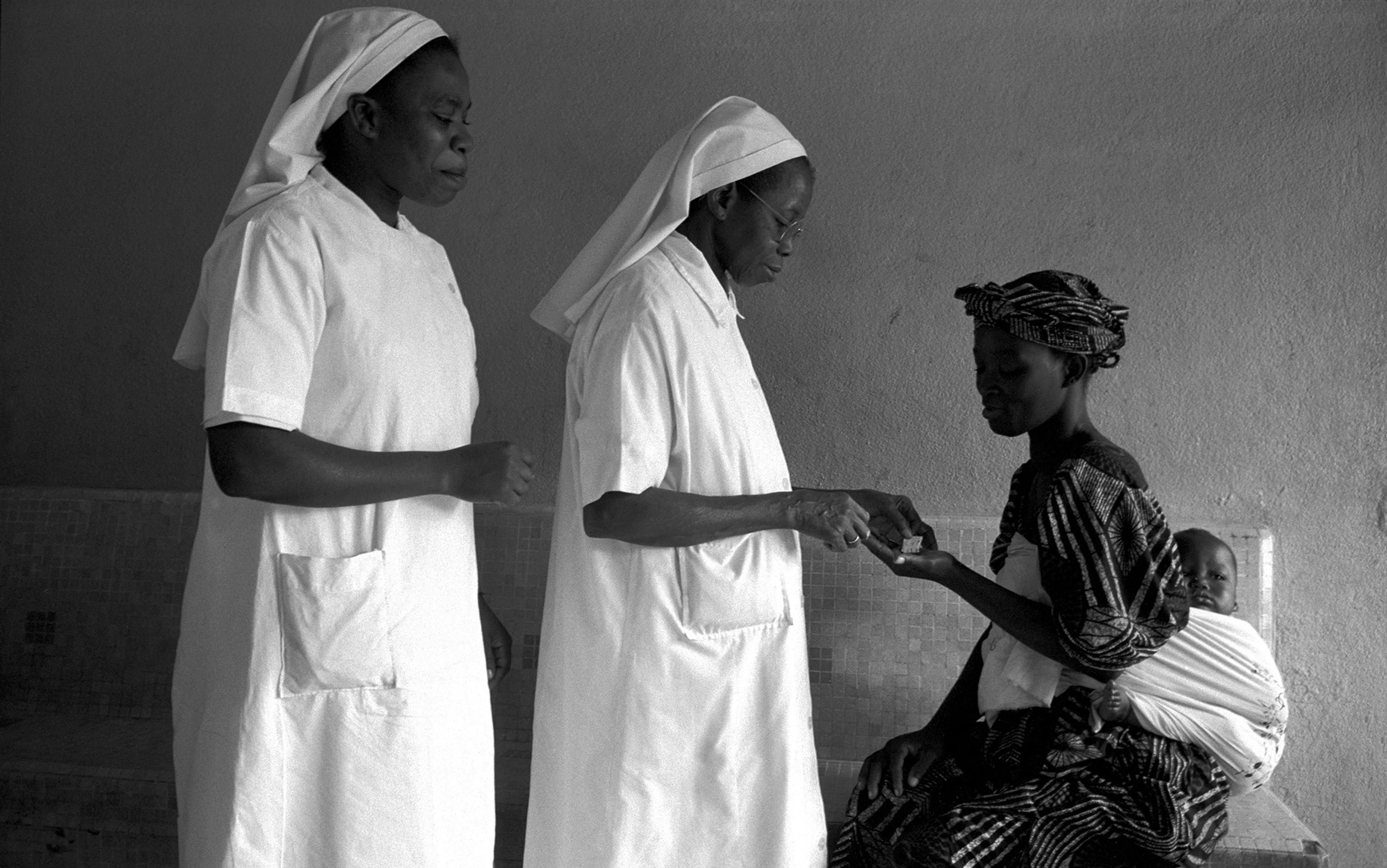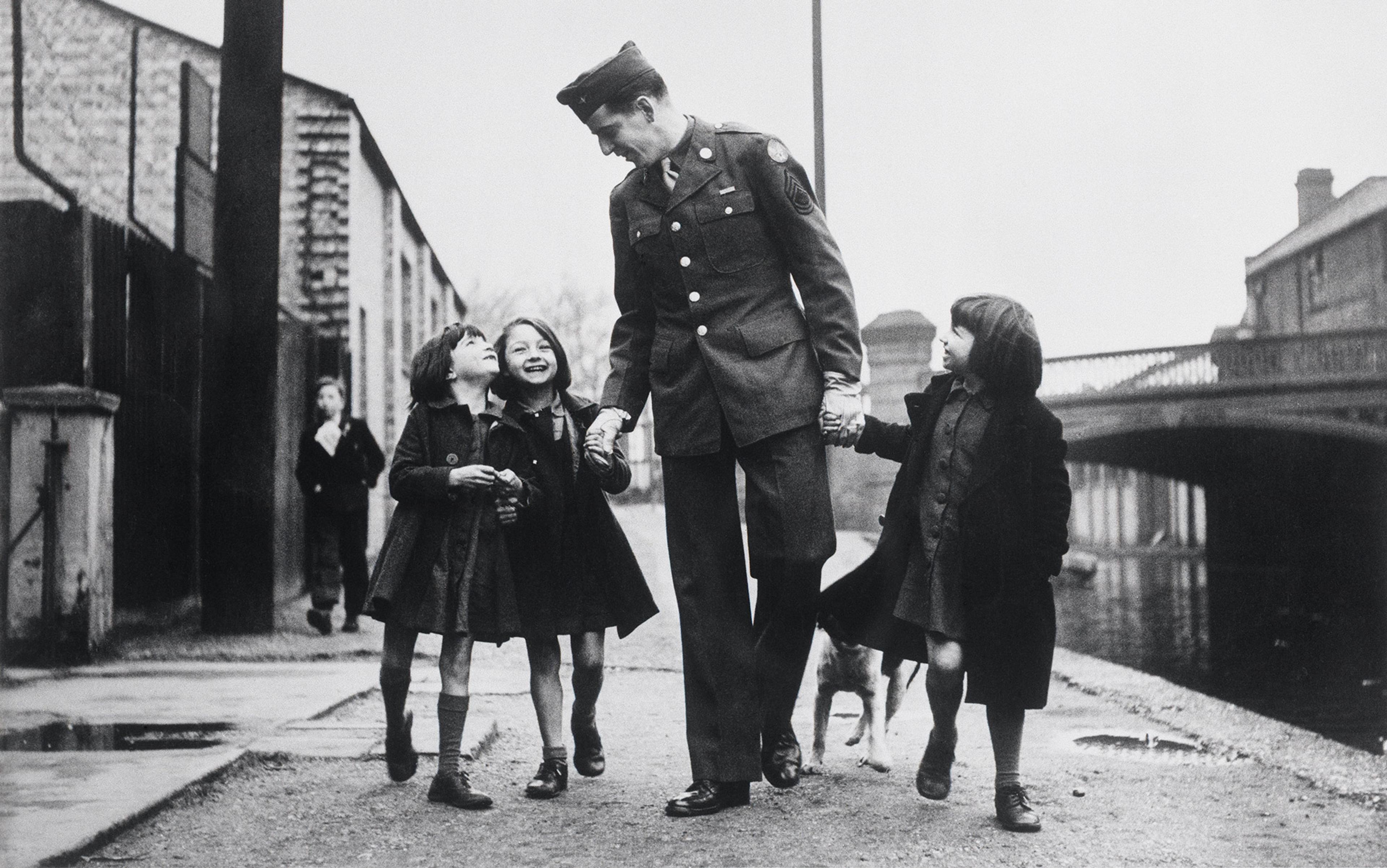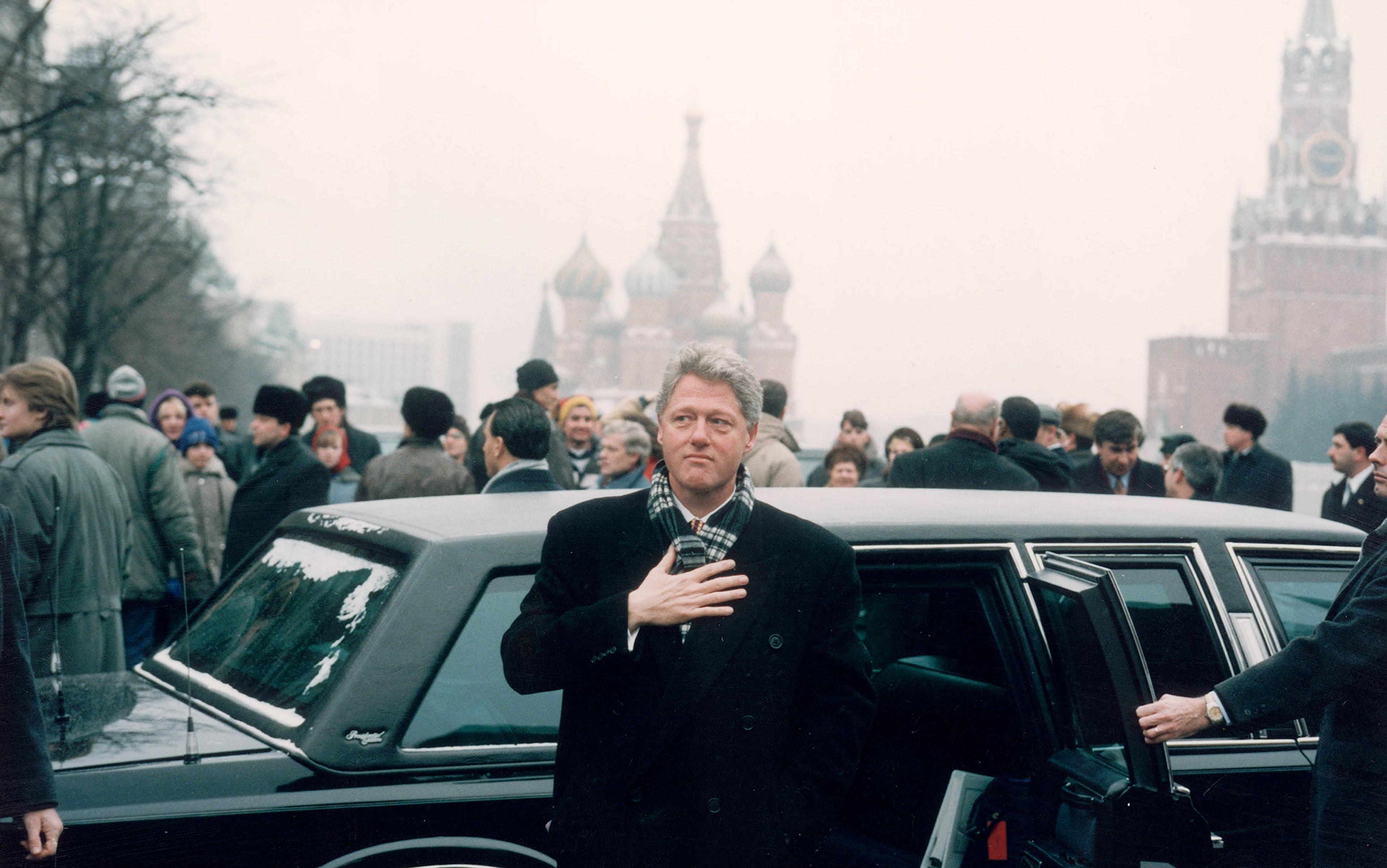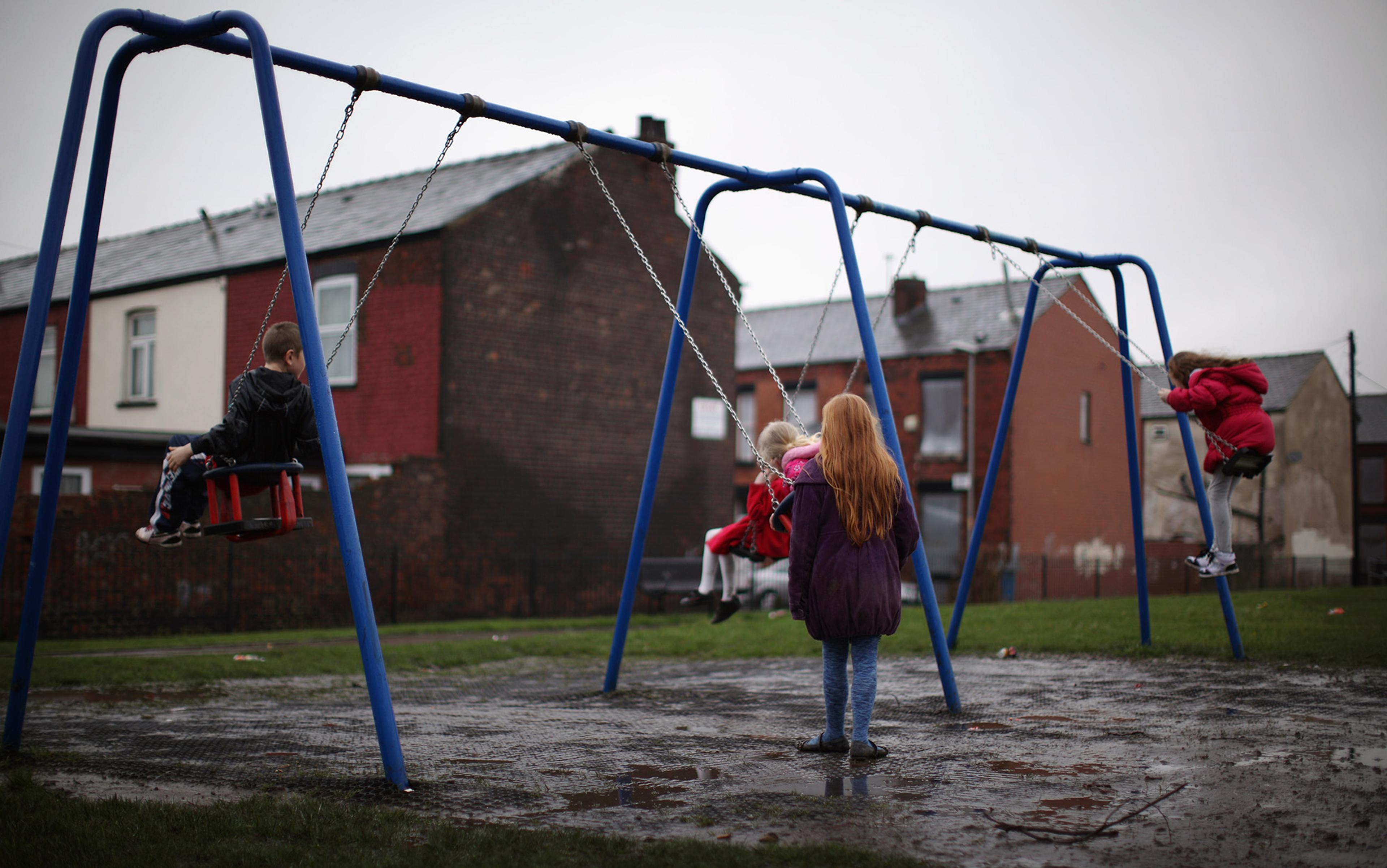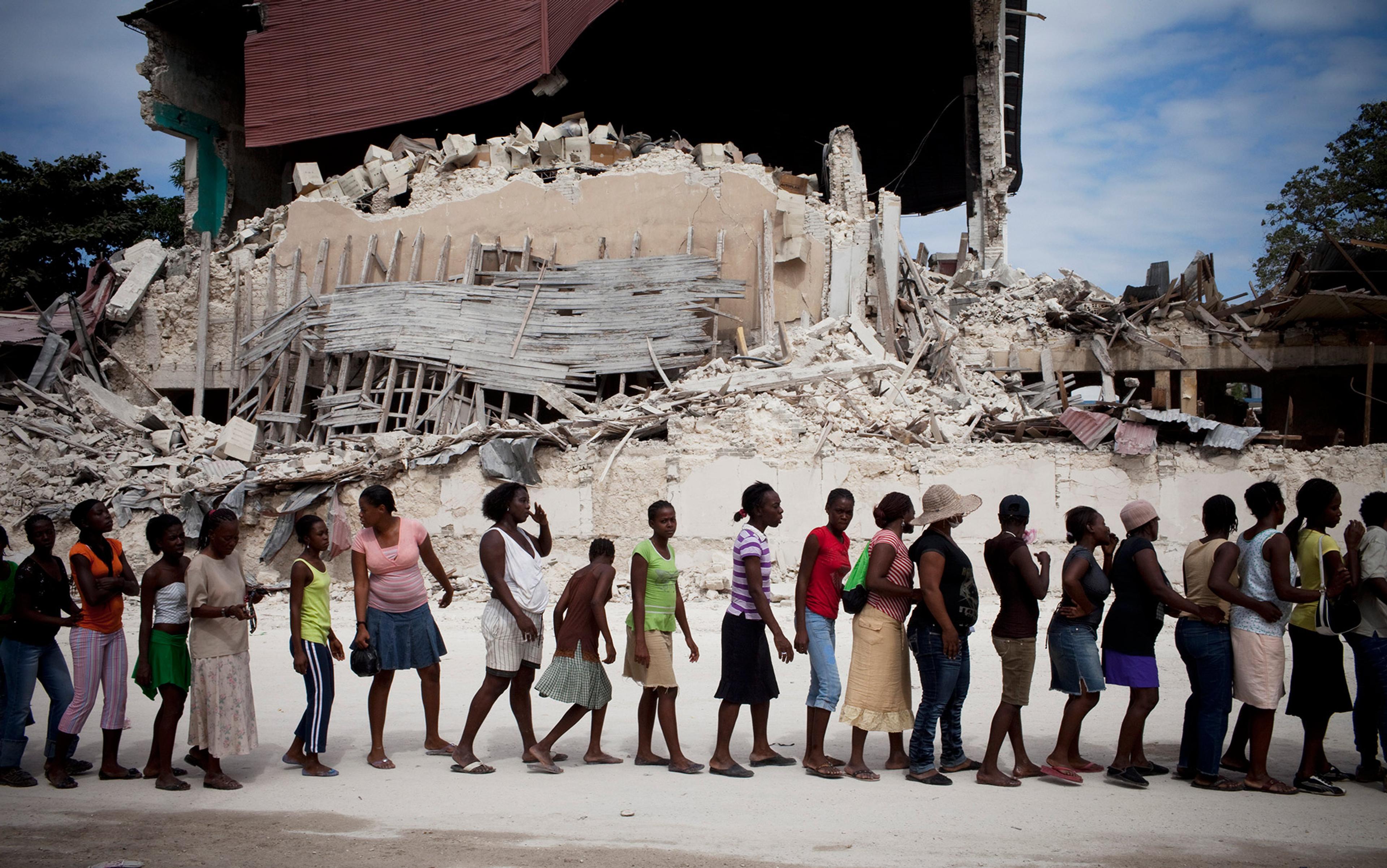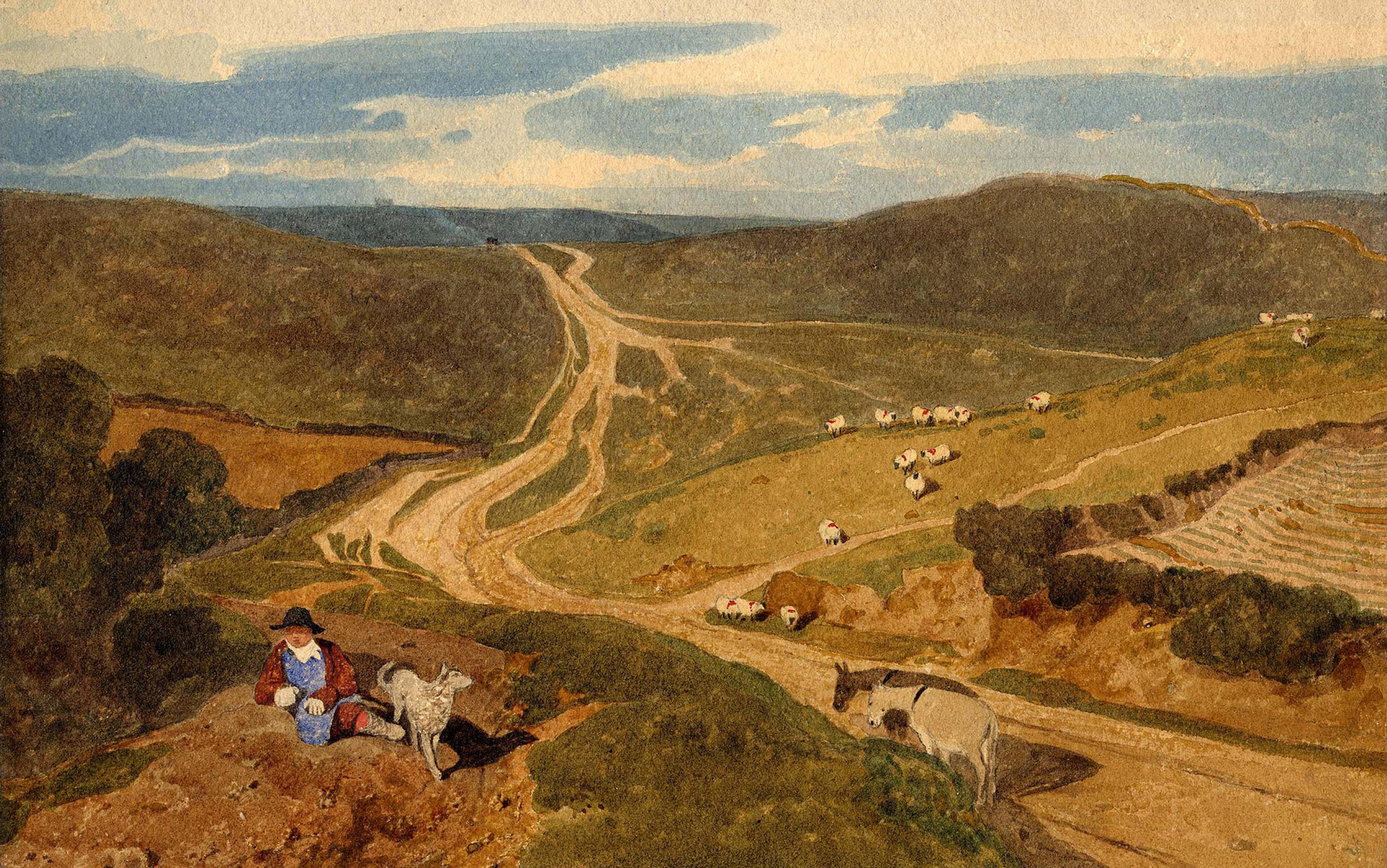The Nobel Prize-winning economist Amartya Sen’s Development as Freedom (1999) begins with a parable from the Brihadaranyaka Upanishad, one of the oldest scriptures of Hinduism. Maitreyi asks her husband Yajnavalkya whether she would achieve immortality if she had all the riches in the world. Yajnavalkya replies that the accretion of wealth would give her ‘the life of rich people’, but no hope for immortality. In response, Maitreyi wonders: ‘What should I do with that by which I do not become immortal?’
Maitreyi’s question has often been repeated in Indian philosophy to show the predicament of the human condition and the limits of the material world. Sen admits that he is skeptical of Maitreyi’s otherworldly concerns, but says that her remark nevertheless illuminates the oft-tenuous relationship between material gain and having a life of value. Wealth is useful only if it gives a person freedom to pursue a life she values. Thus, social and economic policy should not focus only on increasing incomes or economic growth, but should be concerned equally with creating the conditions for people to enjoy varied freedoms and lead fulfilling lives. Freedom, in other words, must be the final destination of any endeavour aimed at making life better.
Working at the crossroads between philosophy and economics, Sen’s ideas have been influential, albeit not always easy to implement. In the 1990s, he helped to create the United Nations’ Human Development Index, now the standard tool for welfare comparison between nations that moves away from purely economic measures such as gross national product (GNP). Despite Sen’s contributions, economic growth remains the goal of most governments today, with more than a third of governments in the developing world pursuing assertive economic growth policies.
Sen might have been too quick to dismiss Maitreyi’s concern with the ‘immortal’. As the world faces moral and economic crises, perhaps it is more relevant than ever to return to Maitreyi’s question, and to ask: what if economic and social arrangements were actually conceived within a moral or even religious framework? Would it help open our eyes to the real task at hand – human fulfilment? Would the most urgent problems, from global poverty to climate change, benefit from the kind of moral deliberation that is required by a religious point of view?
To understand why such a perspective might be helpful, let’s consider what the ‘capabilities approach’ developed by Sen, and a religious view of the problem of poverty, such as that offered by Catholic social teaching, have to say about freedom and the good life.
It was only after the Second World War that the aim of improving living standards in poor countries became an expressed goal of richer, non-Communist Western nations. ‘Development’ as a political project arguably began in 1949 with the United States’ president Harry Truman calling for ‘a bold new program’ to redress worldwide poverty, hunger and disease. Truman began noting that more than half the people in the world lived in near-squalor, lacking adequate food or healthcare. He characterised their economic lives as ‘primitive and stagnant’, and the poverty in which they lived as a ‘threat both to them and the more prosperous’. The suffering, Truman said, was unnecessary: ‘For the first time in history humanity possesses the knowledge and skill to relieve the suffering of these people … I believe that we should make available to peace-loving peoples the benefits of our store of technical knowledge in order to help them realise their aspirations for a better life.’
Truman’s vision of mobilising the benefits of scientific advancement, modernisation and industrialisation for the betterment of ‘underdeveloped areas’ ushered in a new era of political policies and agendas in global affairs. In 1961, the UN passed a resolution requiring member states to ‘intensify their efforts’ in applying measures to promote economic growth and social advancement in individual nations, kickstarting the very first UN Development Decade. Though the terms of change and the very ideology of development have been fiercely contested, with critics going so far as to argue that development interventions might actually be the cause of persistent poverty and ecological damage, more than 60 years later, the adoption of the UN’s latest to-do list – the Sustainable Development Goals – attests to the continuing importance of development as an ideal political project, shared, at least in theory, by governments and nongovernmental organisations (NGOs) across the world.
For people faced with suffering and uncertainties, religion can bring comfort, understanding and identity
For the most part, the development establishment has been suspicious of religion, a nervousness only exacerbated in recent years by the rise of religious extremism. Institutionalised religion carries dark associations – it can be authoritarian, offend reason, thwart progress towards social justice and, in its most egregious, illiberal expressions, it serves up a retrograde vision of the future. There’s also the real fear that development activities, especially when carried out by faith-based organisations, can easily become pretexts for proselytising. Then there are those who, against much evidence, cling to the belief that religions are irrelevant to modern societies; that modernisation means secularisation.
Yet religion does not appear to be going anywhere. It remains a potent force in public life, whether it be for peasants pressing for land reforms in Brazil or women mobilising en masse to end civil war in Liberia. And more crucially, for the majority of people in the world faced with suffering and the perennial uncertainties of life, religion can bring comfort, understanding and identity. In 2000, when the World Bank spoke to women and men from 60 countries about what really mattered to them, they said living in ‘harmony’ with the transcendent mattered to them. A widow from Bangladesh, for instance, said that time for prayer was as essential to her welfare as a full stomach and mat to sleep on. For some, a meaningful life might even be the most basic human need. Acknowledging this fact can prevent development ‘experts’ from becoming what the US development theorist Denis Goulet in 1980 described as myopic ‘one-eyed giants’ who ‘analyse, prescribe and act as if man can live by bread alone’.
The moral base of a society also often finds its origin in religion. Heeding the limits set forth by this base can be a check against unrestrained economic growth that imperils human and other life. While Sen, a self-declared ‘godless scientist’, is averse to granting religion a role in development, his work, nevertheless, shifts development onto ethical grounds. Sen recognises the truth in Aristotle’s claim that ‘wealth is not the good we are seeking, for it is merely useful and for the sake of something else’.
Development, for Sen, should be first and foremost about ‘human’ beings, their lives, and what they can or cannot be or do. Until the 1990s, the World Bank, the International Labour Organization and other organisations pressed for an income-centred approach to poverty-reduction or meeting basic needs such as clothes, shelter and food. Sen provides an alternative view that has been influential on the work of these organisations. The UN Human Development Index now includes measures on income, education and health but no other aspects of wellbeing. Despite progress, some argue that, even today, income remains the ‘quintessential’ indicator of wellbeing.
Honed over the course of 25 years, Sen’s approach rests on the proposition that social arrangements should be appraised by how much they promote the freedoms that people value. Development means ‘expanding the real freedoms people enjoy’ – these include basic capabilities such as being able to read and write, agency over the decisions that affect one’s life, and participation in civic and political matters.
The focus on substantive freedoms directs attention to the destination (human development) rather than the means of getting there (income). One problem with concentrating on income alone is that people have different abilities to convert the same resources into the ways of living that they value: a woman in a wheelchair, for instance, might need more income to be mobile than a person who can walk. Shifting the focus away from income also prevents development from being narrowly defined as modernisation, economic growth or technological advancement. Moreover, development aims to foster not just freedom, but also the exercise of one’s freedom. So the right way to lower fertility rates is not through coercive birth-control programmes (such as the former one-child policy in China) but by empowering women to make educated choices. Even if the overall results are positive from the narrow perspective of specific development goals (such as slowing population growth), coercing people will always curtail freedom.
The freedoms that make up the aim of development also depend on people’s values. Individuals and cultures will invariably disagree, so it is through public deliberation that one can arrive at any kind of consensus. While some philosophers have criticised Sen for not defining a set of key capabilities, the open-endedness of his approach is in fact one of its virtues. Recognising that people and societies have different values, he leaves room for the consideration of many of the non-material things that people might feel are important.
Alleviating poverty is a moral imperative, but culture and a ‘good’ life (often derived from religion) also matters
In the real world, conflicts can and often do arise between competing freedoms that people value. In my research in the sacred Hindu city of Varanasi, I found that, while development has brought valued material progress for some, people also lament the accompanying loss of cherished ways of living and traditions, often rooted in religion. Once, locals believed that the ‘good life’ was possible in Varanasi: the work weeks were irregular, which meant that they had the freedom to be carefree and revel in the city’s many fairs and religious festivals. In the spring, when the Ganges was at its most beautiful, the locals closed up shop and spent the night outdoors for two weeks at a stretch; in the summers they celebrated the many musical traditions that marked the monsoon. Autumn brought the Ramlila, a 30-day staging of the Hindu epic the Ramayana, when people came together to commune with their gods. Yet with the onset of a new rhythm of work conjoined with a greater desire to consume, people have less time for the city’s traditions – now the Ramlila mostly draws old men with time to spare and poor villagers.
These changes provoke frequent debates on the consequences of economic progress and how one should live. While poverty alleviation is a moral imperative, culture and living according to one’s idea of the good (often derived from religious teaching) also matters.
Sen recognises that this cost-benefit analysis needs to take place on the ground, but he is reluctant to grant a role to religion in the process. As a child growing up in East Bengal during the wane of the British Raj, he was aware of the devastation that could be wrought when people defined themselves as Hindu, Muslim or Sikh – and rioted. One afternoon, a Muslim labourer arrived at his family home, bleeding and asking for water. Searching for work in a Hindu neighbourhood, the man had been attacked by Hindu thugs. Sen’s father took the injured man to the hospital, where he later died. Sen describes how the incident left him ‘deeply perplexed’: how could neighbours who had lived peacefully together suddenly turn against one another? For Sen, danger arose when people’s naturally plural identities were reduced to a single one, rooted in religion, eclipsing their freedom to think independently. The important thing was to defend the freedom to reason without recourse to dogma or authority at all costs.
For Sen, religion remains an aspect of identity rather than its source. The ‘good life’ for him is anchored around freedom – both in terms of the capabilities one values and the exercise of one’s agency. However, Sen’s views come with their own secular, Enlightenment presumptions about the self and the good life. Other perspectives are needed to help realise human freedom.
Post-Vatican II, Catholic social teaching engages directly with applying theological insights to the problem of contemporary poverty. It recognises that social problems can benefit from reflection on the Christian message. In many ways, the understanding of human flourishing derived from Catholic social teaching and from Sen’s work converge. Both recognise that the purpose of development is human dignity. Dignity depends on exercising one’s agency and realising freedoms such as being healthy, living in a peaceful environment, and so on. Any economic model that comes out of Catholic social teaching would rest on the principles of equity, participation, sustainability and human development. The rationale for human dignity in Catholic social teaching is a bit different, however.
Catholic social teaching holds that humans are a reflection of God because they are created in his image. Poverty-alleviation is a moral enterprise because it enables people to flourish in body and spirit, and thereby realise their eternal divine nature.
Humans are also not inherently free material beings, but are dependent on God’s grace. Economic development is reoriented towards the transcendent, and the purpose of life is to realise God. The implications of this understanding for the project of development are profound. Freedom is not only about having money or the capacity to act; rather, it resides in the ability to do and be good. ‘The good’, in other words, is both the purpose of freedom and the means through which one realises God.
Catholic social teaching also maintains that life comes with a responsibility to serve and act in the interest of the common good since it can liberate one from death and sin. So, importantly, one’s own liberty is tied to that of others. Since the welfare of each individual and the welfare of all are inseparable, the impoverishment of another is likewise mine as well. It is incumbent to fulfil the commandment to love, and perform acts of service that allow the recognition of Christ in the suffering of the poor. Helping others to achieve a full life furthers one’s own humanity. Service is a moral obligation and a moral act that prevents economic development and human fulfilment from being merely individualistic.
An extension of this concept of the common good is the ‘universal destiny of goods’. Here the idea is that all resources are given by God and therefore must be held in common and fairly distributed. While Sen believes that goods need to be redistributed in such a way as to further human flourishing through the process of democratic deliberation, Catholic social teaching goes further, claiming that the skewed allocation of resources such as land and money are unjust since they are part of mankind’s common inheritance from God.
The danger comes when society pursues material development without moral deliberation
Catholic social thinkers hold that poverty neither determines human worth nor is a constraint to achieving ethical or salvific liberation. While poverty is not condoned, there is a recurring theme in Catholic thought that poverty can even strengthen and beautify the human spirit – voluntary poverty is certainly a mark of the good. Think of Saint Francis in Dante’s Paradiso, in romantic pursuit of Lady Poverty; he was the shepherd who, in making his choice to own nothing, ‘wore a crown again’.
There is also a deep ambivalence towards material liberation. Eliminating social deprivation is a moral imperative, but there is a very real danger that material prosperity presents acute dangers. Real liberation comes only when material things are renounced and one accepts suffering and complete dependence on God. True freedom comes when material, ethical and salvific liberation are cultivated together. In other words, true freedom can be attained only when all worldly goods are redirected towards God through charity.
The danger comes when a society pursues a course of material development without subjecting it to moral deliberation. It risks losing sight of the higher ends. When pursuing a course of economic development, it is very important to raise questions about its meaning and relation to furthering ethical and salvific liberation. Assuming a position of moral neutrality results only in unreflective decision-making, an iniquitous society and an impoverishment that goes beyond material poverty. The idea of freedom itself must be broadened to encompass the material, ethical and salvific.
Can a moral or religious framework ever be applied to secular societies or institutions where there might be competing views of the good? Or do we always risk imposing one view of the good? Some economists have argued that even secular institutions can engage in a process of ethical reflection without compromising the pluralism of an institution or imposing a view of the good – the purpose of this reflection is simply to orient the project of development from poverty-alleviation more fundamentally towards human fulfilment.
These scholars argue that the idea that a life devoted only to material pursuits is insufficient is shared by faiths and non-religious philosophies alike. Other communities, religious or secular, are likely to share many Catholic views of human fulfilment, such as the importance of loving and serving others, the need to develop serenity and understanding in the face of suffering, an appreciation of solitude and reflection.
In May 2015, on the publication of Pope Francis’s climate-change encyclical Laudato Si, the Catholic Agency for Overseas Development (CAFOD) talked to people in Africa and South Asia about their views on what they see as good in their societies. They asked what damages this goodness, what hinders and promotes development, and what should be done to take action. Interestingly, people unanimously stressed the need for contemplation and slowing down the pace of development in order to have time for personal and community reflection on how to relate to each other and to nature. They also talked about the devastation wrought by the intrusion of a consumeristic and individualistic culture. The point is not a matter of arriving at a consensus about the components of human fulfilment, it is that there are non-economic consequences to pursuing a path of material development that relate to human fulfilment.
Though Sen recognises the limits of focusing on material needs, his model places importance on freedom and agency over the realisation of God (or the good). Social arrangements should be gauged by the extent to which they enable the former. From a religious point of view, earthly freedom is subordinate to the highest liberation in God. It is important not to disregard the significance of these concerns for millions of people worldwide, to remember that religious and non-religious communities share many ideas related to human fulfilment. The Catholic view of human flourishing performs an important task by requiring any approach to economic development to consider seriously the moral and non-economic consequences of development.
Of course it is important to recall that not everyone shares a concern with salvation, and that any policy driven by such aims will invariably be in danger of marginalising opposing points of view. Is it right to deny people the freedom to not live according to a religious framework? Sen’s approach has the merit that it gives people the freedom to decide whether they wish to preserve such ideals.
One has to ask also if it is possible to engage in the kind of critical reflection that Catholic social teaching requires without in some way defining and limiting the nature of the good, and the kind of institutions that will enable its realisation. Such a delimiting of the concept of what is good immediately runs the risk of excluding other points of view. Even if most religions do indeed share a basic moral framework including valuing charity and an aversion to excessive materialism, and stress the need for reflection on the purpose of life, the forms in which such concerns are articulated, and the ways of life prescribed to achieve these aims, are far from congruent. When there is complete consensus among a more or less homogenous community, no problem need arise. But can there ever be such a consensus? Even in relatively homogenous countries such as Bhutan, the imposition of a model of development that is tied to one religious perspective has marginalised minority points of view.
Not everyone shares the concern with salvation at the heart of Catholic social teaching, but it does offer a rich vision of human freedom, one that contains both the material and the ethical. By foregrounding the ethical, it recasts development as a moral project, requiring policymakers, institutions and everyone concerned with the enterprise of human fulfilment to reflect critically on their aims. It raises questions about the extent to which a programme or policy furthers ‘the good’. The process of reflection and critical deliberation is also key for Sen’s vision of development and human freedom.
Development must be fundamentally based on a ground-up conversation between people, wrestling about what matters: what non-material things matter, and in what balance with the material. The questions of ‘what is a good life’ and ‘how ought one to live’ must be perennial concerns of any endeavour aimed at human fulfilment, and must be central to both theory and policy of development. While the answers to these questions might stymie an unequivocal response, they are always worth asking if development is to enable human flourishing.
This Essay was made possible through the support of a grant from the Templeton Religion Trust to Aeon. The opinions expressed in this publication are those of the author and do not necessarily reflect the views of the Templeton Religion Trust.
Funders to Aeon Magazine are not involved in editorial decision-making, including commissioning or content-approval.
